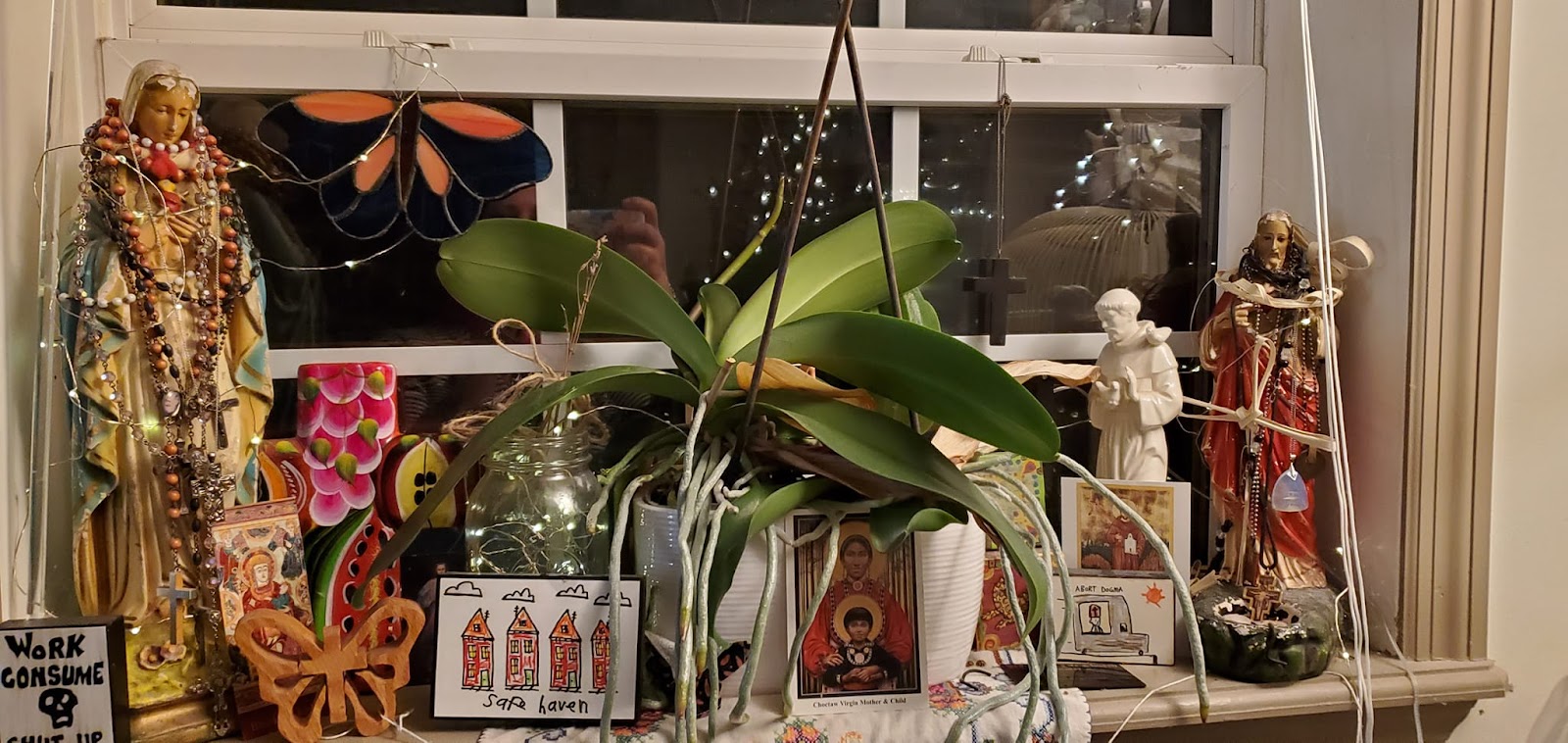The Myth of Meritocracy - Short Essay for Pastoral Care Seminar
In his TED talk "The Tyranny of Merit," Michael Sandel argues that our current meritocratic system is flawed and corrosive of the common good. He begins by noting that the idea of meritocracy is appealing because it seems to offer a fair and just way to allocate opportunities and rewards. However, he argues that meritocracy is based on a false assumption: that everyone has an equal chance to succeed. In reality, our opportunities are shaped by our family background, our social class, and our race or ethnicity. Sandel argues that the meritocratic ideal leads to two problems. First, it leads to "meritocratic hubris," or the belief that our success is entirely our own doing. This can lead to arrogance and a lack of empathy for those who have not been as successful. Second, it leads to "humiliation," or the feeling that we are not good enough because we have not achieved the same level of success as others. This can lead to despair and a sense of hopelessness. As he puts it “it encourages the successful to inhale too deeply of their success”.
Sandel argues that we need to find a way to balance the values of merit and equality. He suggests that we need to create a society where everyone has a fair chance to succeed, regardless of their background. This means providing everyone with access to quality education, healthcare, and other essential services. It also means creating a society where everyone is treated with dignity and respect, regardless of their social status. Many in our society like to imagine that we do have equal access to education, while others understand that access is not equal. However I think that most people have a simplistic view of who has access and who doesn’t, who suffers and who doesn’t, and that we can operate from simple categorizations based upon race, or ethnicity, or gender in order to understand who needs help, and who doesn’t. As a sociologist I know that nothing is this simple, and as I mentioned in my forum post on this matter, there are groups of white people in our society who may not have access to the levels of privilege that they are commonly believed to have, and that (at least in part) the cognitive dissonance between what is commonly believed about their privilege, and the actual lived experience of deprivation feeds the rancorous political debate that is dividing our country.
It is particularly troubling to see the level of poverty that exists in many southern communities among racial minorities, but also among those deemed to be “white trash”. Isabel Wilkerson discusses this in her book “Caste”. I don’t recommend reading Hillbilly Elegy, however there are other really good books on this topic, including “White Trash: The 400-Year History of Class in America” by Nancy Isenberg, and also “Dying of Whiteness: How the Politics of Racial Resentment Is Killing America's Heartland” by Jonathan Metzl.
I think that these two books, coupled with my personal experience of being “white trash” and a single mom have really informed and helped me to foster some empathy for people, across political divides. It is hard to look at my older sister who has lost all her teeth (and can’t afford dentures) due to inadequate access to dental and health care, who lives paycheck to paycheck, who cannot afford to see the doctor when she needs, who can’t afford to have a car, and who never had the opportunity to go to college, and say “yes, she is a highly privileged individual”. For people who actually do live lives of relative comfort, who do have access to necessities of life…it would be mighty hypocritical to do so, and I feel that as Christians we are called to be better, and to treat each person as an individual worthy of love, care, respect, and dignity, regardless of their background. I think that this understanding will make it much easier to work with folks here in Georgia providing spiritual care for them, as I understand that they aren’t “trash”, even if they are poor, and while I do not agree with their political sympathies, I can sympathize with their deprivation, need, and the imperative that Jesus gave me to “Love others as myself”.

Comments
Post a Comment